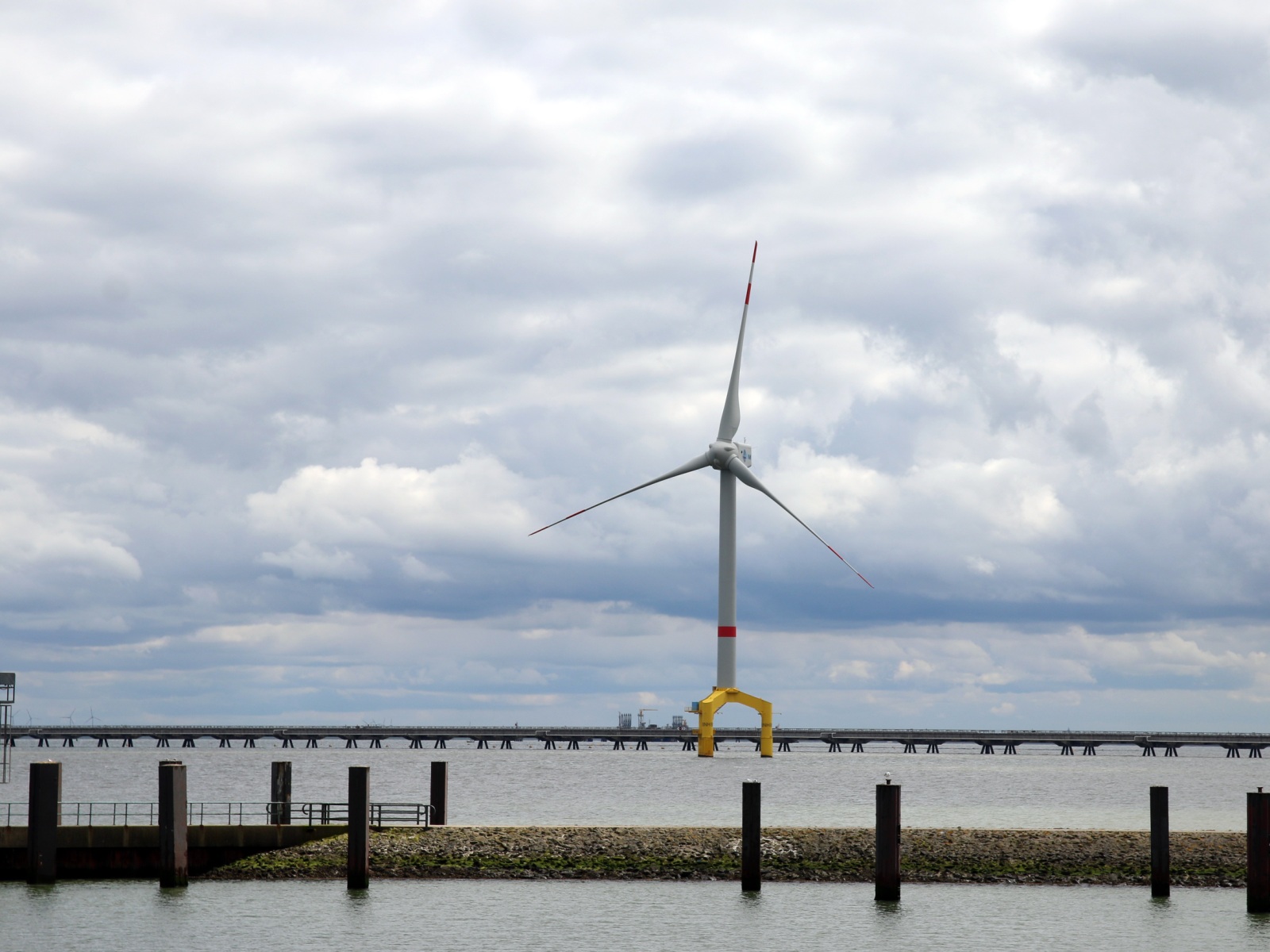New Offshore Engineering MSc
05/04/2018

About offshore engineering
Offshore engineering is, now more than ever, a rapidly developing discipline. In addition to its traditional relevance to the oil and gas industry, since the 1950s, it is now expanding to embrace the novel engineering challenges presented by the offshore renewable energy industry.
Around 1500 offshore wind turbines are already operating in the UK, for a total of 5.4GW (enough to power around 3.6 million houses), with further 3GW under construction (coming online in the next few years), and 13GW consented (will be online in the next 5-10 years). Despite being a commercially mature field and economically sustainable even without incentives, it is still a relatively young industry, with a substantial need for optimisation, and an urgent specialised skills gap to bridge.
The offshore renewable energy industry has learnt a lot from the offshore oil and gas industry, but it has also tackled novel challenges, specific of this field. In particular, the paramount need to lower the cost of the electricity produced by a wind turbine, a wave energy device, or a tidal turbine, has pushed the industrial and academic research community to analyse more in-depth old and new challenges, to find new solutions to old problems.
With the consistently low oil prices of the past years, the offshore oil and gas industry has a need to reinvent and optimise itself – and it is now driven, like never before, by lowering the costs of oil production.
Strangely enough, the two sectors are now tackling very similar challenges, and a mutually beneficial synergy can be established. This is how the Offshore Engineering MSc at Cranfield University was born – by developing a state-of-the-art, up-to-date new MSc exploiting Cranfield University’s strong track record in offshore renewable energy and oil and gas projects.
Why study our Offshore Engineering MSc?
Cranfield’s Offshore Engineering MSc provides students with the new skills needed across this fast-developing sector, together with the fundamental engineering knowledge necessary, whatever the application.
The MSc starts with a number of modules focusing on the offshore engineering fundamentals, such as ‘Materials and Corrosion in the Offshore Environment’, ‘Risk, Reliability and Inspection Offshore’, and ‘Engineering Stress Analysis’, ‘Structural Integrity’, and ‘Dynamics of Offshore Structures’. Then, it is complemented by a number of modules focusing on more recent, fast-developing disciplines such as ‘Advanced Maintenance of Offshore Assets’, where the latest techniques in monitoring and inspection are explained, or ‘Health, Safety, Security and Environment’, where the engineering students can gain a holistic, more comprehensive overview of the multidisciplinary aspects of large offshore projects, as well as ‘Reliability Engineering and Asset Risk Management’, looking in depth at the Management aspects of these large projects.
Similar to the other Energy and Power MScs, these taught modules are complemented by a group-based research project which requires team work to develop problem definition, hypothesis setting, analysis and problem-solving skills to address challenges faced by professionals. This module is typically delivered through collaboration with an industrial sponsor, and is designed to integrate knowledge, understanding and skills from the taught modules in a real-life situation.
The Offshore Engineering MSc teaching staff are proud and excited to provide this state-of-the-art, much needed by industry MSc, and are looking forward to working with all of you.
>>Find out more about this course, as well as others, by clicking here <<
Categories & Tags:
Leave a comment on this post:
You might also like…
Keren Tuv: My Cranfield experience studying Renewable Energy
Hello, my name is Keren, I am from London, UK, and I am studying Renewable Energy MSc. My journey to discovering Cranfield University began when I first decided to return to academia to pursue ...
3D Metal Manufacturing in space: A look into the future
David Rico Sierra, Research Fellow in Additive Manufacturing, was recently involved in an exciting project to manufacture parts using 3D printers in space. Here he reflects on his time working with Airbus in Toulouse… ...
A Legacy of Courage: From India to Britain, Three Generations Find Their Home
My story begins with my grandfather, who plucked up the courage to travel aboard at the age of 22 and start a new life in the UK. I don’t think he would have thought that ...
Cranfield to JLR: mastering mechatronics for a dream career
My name is Jerin Tom, and in 2023 I graduated from Cranfield with an MSc in Automotive Mechatronics. Originally from India, I've always been fascinated by the world of automobiles. Why Cranfield and the ...
Bringing the vision of advanced air mobility closer to reality
Experts at Cranfield University led by Professor Antonios Tsourdos, Head of the Autonomous and Cyber-Physical Systems Centre, are part of the Air Mobility Ecosystem Consortium (AMEC), which aims to demonstrate the commercial and operational ...
Using grey literature in your research: A short guide
As you research and write your thesis, you might come across, or be looking for, ‘grey literature’. This is quite simply material that is either unpublished, or published but not in a commercial form. Types ...






